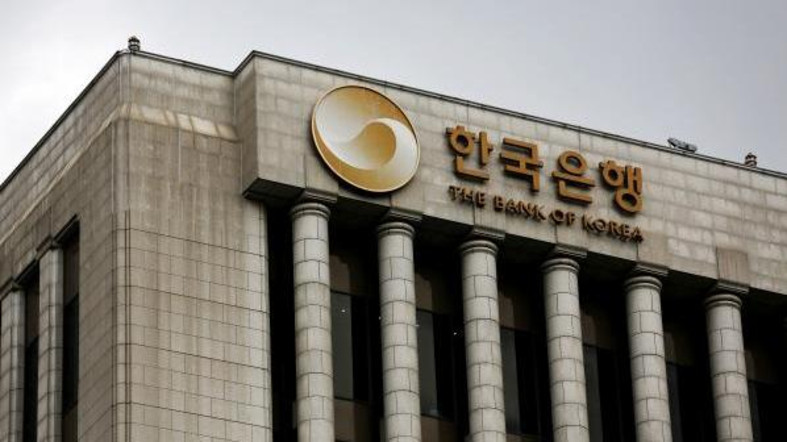CFTC Can Regulate Cryptocurrencies As Commodities New York Federal Judge Rules

Grayscale Offering More Of Its Crypto Based Investment Product
March 8, 2018
Big Decisions Await for the Cryptocurrency Regulations on Global Scale at The G20 Summit Today
March 8, 2018CNBC reported that a New York federal judge yesterday ruled that the Commodity Futures Trading Commission (CFTC) can regulate digital money such as Bitcoin (BTC) as commodities.
The decision of the U.S. District Judge Jack Weinstein on Tuesday was based on the 2015 CFTC’s determination that the value of cryptocurrencies equals that of commodities. According to CNBC reports, Judge Weinstein stated that CFTC had a “broad leeway” regarding applying federal commodity regulations
The ruling of Judge Weinstein’s lets the fraud case which was initiated in January 2018 to continue between a New York resident Patrick McDonnell and his firm Coin Drop Markets and the CFTC.
In the lawsuit, CFTC claims that clients who paid McDonnell and his company Coin Drop for cryptocurrency trading advice never received the information, also McDonnell shut went on to shut down Coin Drop’s website failing to respond to the customers. The lawsuit also states that Coin Drop was never registered with the CFTC.
The inclusion of Weinstein’s preliminary injunction on Wednesday, March 7 against McDowell and his company has now stopped either of the two (McDowell and Coin Drop) from taking part in the commodity transactions.
Judge Weinstein indicated in the order on Tuesday that virtual currencies are ‘goods’ exchanged in the market for a similar quality and value. Cryptos fall well within the common definition of a ‘commodity.’
The issue in the lawsuit was whether CFTC had the right and mandate to regulate virtual money as a commodity in lack of federal level rules, and if the law legalized CFTC to exercise its jurisdiction on fraud which does not involve the sale of futures or derivative contracts directly.
Because the United States currently have no any single regulatory body responsible for overseeing regulation of cryptocurrency, their regulators have debated for long on whether it is accurate to align the virtual currencies with commodities or securities.
During a joint hearing between the SEC and the CFTC on their roles in the space of cryptocurrency at the start of February indicated that the two are ready and willing to work together to create a regulatory for the cryptocurrency framework.




